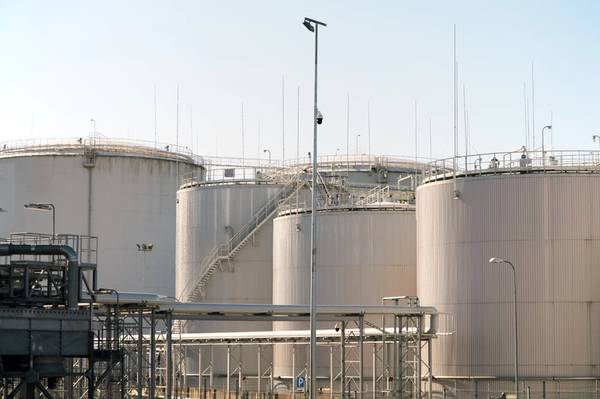
Guinea is studying proposals to build a new oil terminal in the capital Conakry within the next six to 12 months following an explosion in December that severely damaged its main storage facility, an advisor to the prime minister said on Thursday.
The Dec. 18 blast destroyed most of the terminal's storage capacity, sending shockwaves through a downtown Conakry district and killing 23 people in the West African nation, which is not an oil producer and relies on imports of refined products.
The government was evaluating proposals to construct the new terminal and would make a decision as soon as possible, advisor Ismael Nabe told Reuters at a roundtable in Dubai.
The project could be built through a public-private partnership (PPP), he said, adding that it was a priority for the ruling junta, which seized power in 2021.
The government and the International Monetary Fund are studying the impact of the storage capacity loss, but it was expected to marginally reduce economic growth this year, Nabe said.
He said authorities wanted to ensure enough capacity to store more than a year's worth of fuel reserves, and was considering building up to two new terminals outside the capital, including in coastal Kamsar and inland Forecariah.
Most of Guinea's power plants, particularly those supplying the capital, run on diesel fuel.
Minister of Planning and International Cooperation Rose Pola Pricemou told reporters at the same event that oil had recently been discovered in Guinea.
Further studies were needed to determine the quantity of the reserves and whether it could be commercially produced, she said.
(Reuters - Reporting by Alexander Cornwell; Editing by Portia Crowe and Jan Harvey)



